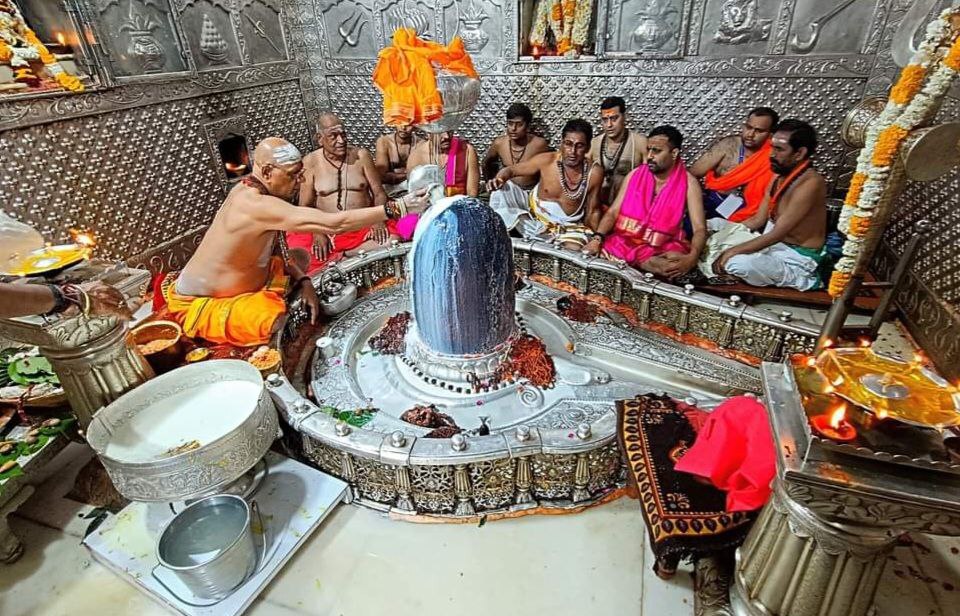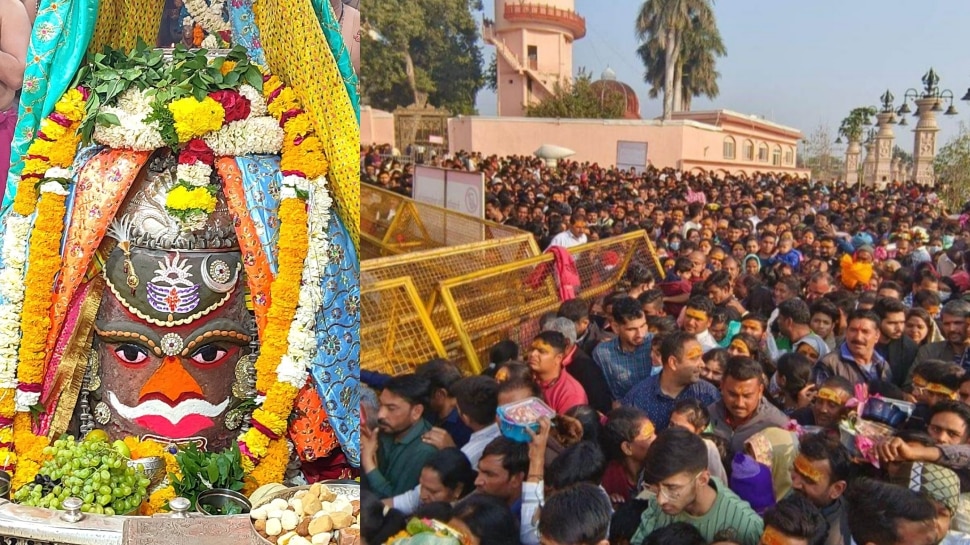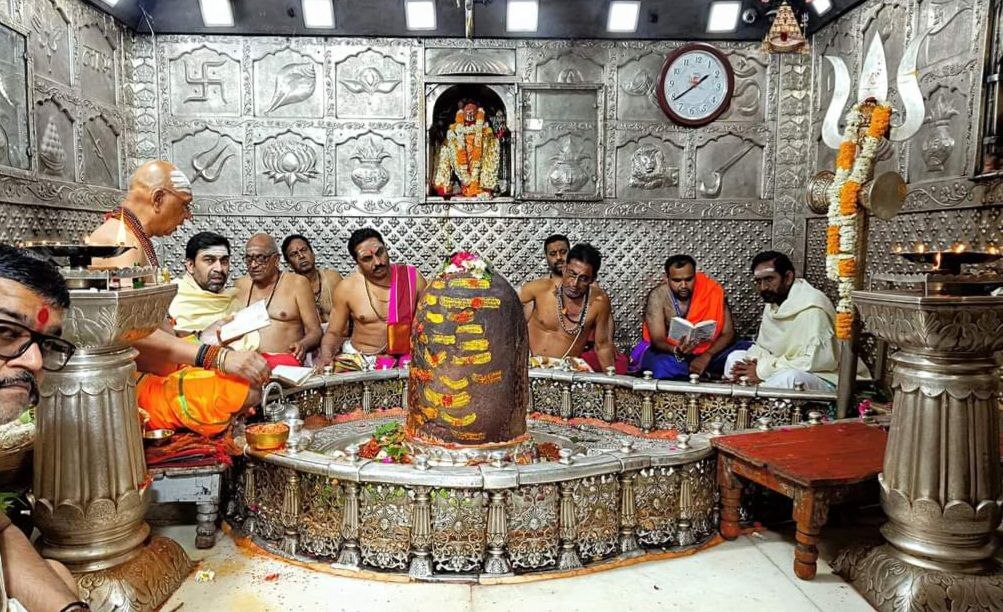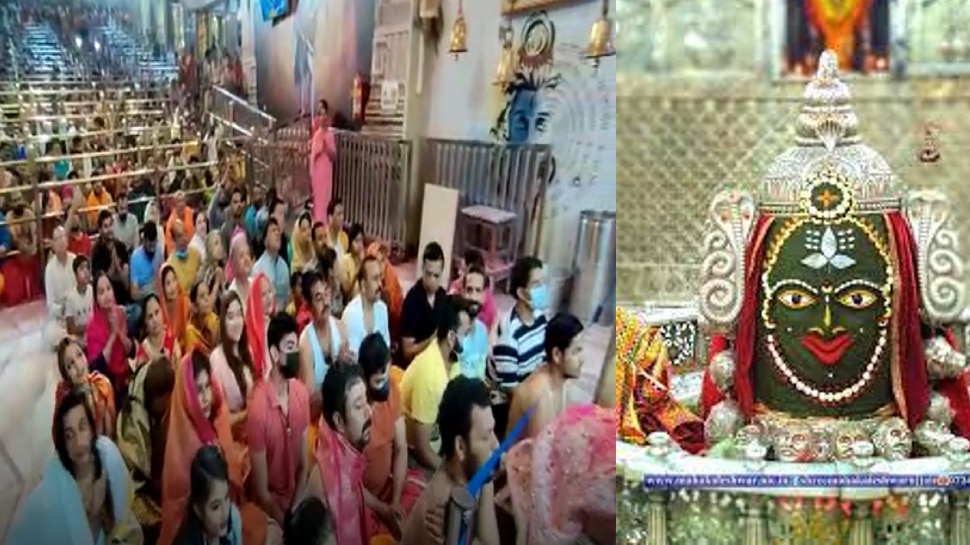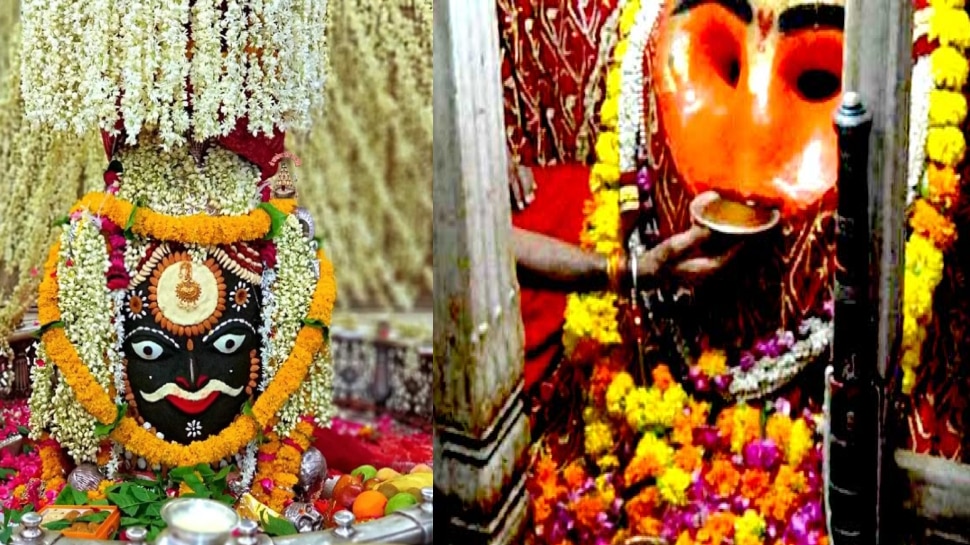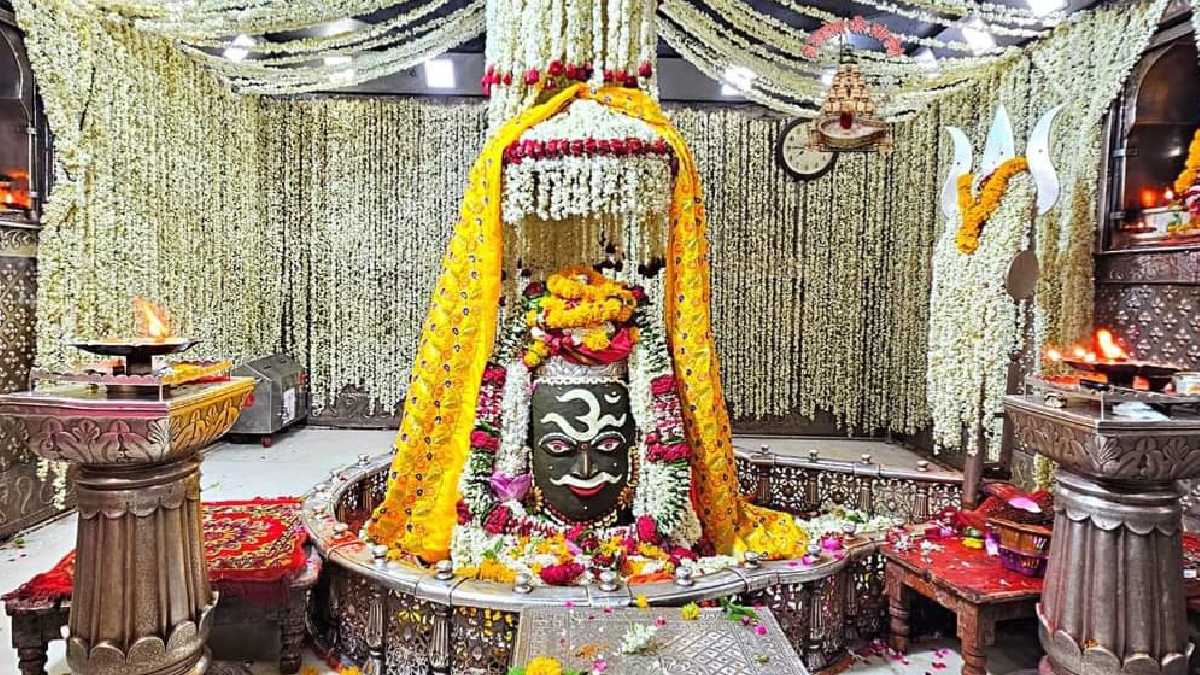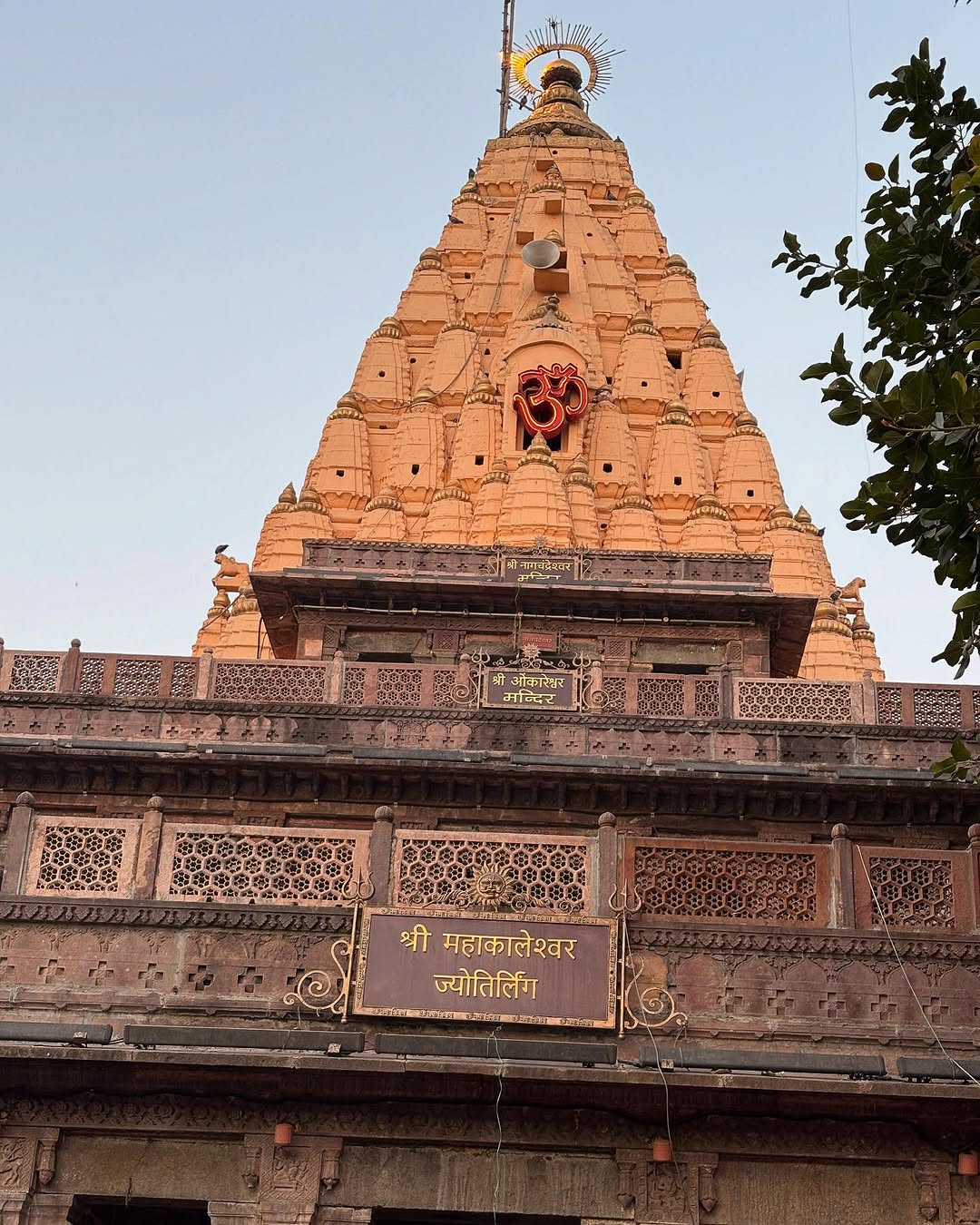Mahakal Darshan Ujjain Ujjain Madhya Pradesh India

The air hums with chants, a melodic wave carrying on the fragrant breeze of incense and marigolds. Dawn breaks over Ujjain, painting the ancient city in hues of saffron and gold. Thousands gather, their faces illuminated by the flickering flames of diyas, all drawn to the sacred heart of the city: the Shri Mahakaleshwar Temple.
This isn't just a temple visit; it's an immersion into centuries of faith and tradition. Visiting the Mahakaleshwar Temple in Ujjain is a deeply spiritual experience, connecting devotees to one of the twelve Jyotirlingas, considered the most sacred abodes of Lord Shiva. Millions flock to Ujjain each year, seeking blessings and solace in the divine embrace of Mahakal.
A Journey Through Time
Ujjain, nestled on the banks of the Shipra River in Madhya Pradesh, is one of India's oldest and most revered cities. Its history stretches back millennia, mentioned in ancient texts as a significant center of learning and culture. The Mahakaleshwar Temple stands as a testament to this enduring legacy, its origins shrouded in legend.
Legends speak of a self-manifested (Swayambhu) lingam, an emblem of Shiva's cosmic energy. Over centuries, rulers and devotees have contributed to the temple's grandeur, shaping it into the architectural marvel we see today. The temple's current structure largely dates back to the Maratha period, reflecting their devotion and artistic sensibilities.
The Significance of the Jyotirlinga
The Mahakaleshwar Jyotirlinga holds a unique position among the twelve. It is believed to be the only one facing south, symbolizing Shiva's command over time and death. This directional alignment adds to the temple's mystique and draws devotees seeking liberation from the cycle of birth and death.
The Jyotirlinga are not merely idols; they are considered to be manifestations of Shiva's divine light. Each Jyotirlinga site has a unique story and significance, making them powerful centers of pilgrimage. The presence of Mahakal is palpable, filling the air with a sense of peace and divine energy.
Experiencing the Darshan
The Mahakal Darshan is more than just a visual experience; it's a holistic engagement of the senses. From the early morning Bhasma Aarti, where the Shiva lingam is bathed in sacred ash, to the evening prayers, the temple resonates with devotion.
The temple complex itself is a labyrinth of smaller shrines, courtyards, and sacred spaces. Pilgrims move with reverence, their faces etched with faith as they offer prayers and seek blessings. The energy is infectious, enveloping visitors in a sense of belonging and spiritual connection.
The local administration has worked tirelessly to improve facilities and manage the flow of devotees. Online registration and streamlined entry procedures have made the darshan more accessible to all. This ensures a smoother and more meaningful experience for the increasing number of visitors.
Beyond the Temple Walls
Ujjain offers more than just the Mahakaleshwar Temple. The city is dotted with other ancient temples, ghats along the Shipra River, and historical sites. These landmarks offer a glimpse into the region's rich cultural heritage and spiritual traditions.
The Kumbh Mela, held every twelve years, transforms Ujjain into a vibrant spectacle of faith and devotion. Millions of pilgrims converge on the city, creating a sea of humanity united by their shared spiritual beliefs. This event underscores Ujjain's importance as a major pilgrimage destination.
Exploring Ujjain provides a deeper understanding of the Hindu faith and its profound impact on Indian culture. The city is a living testament to the power of devotion and the enduring appeal of ancient traditions.
A Lasting Impression
Leaving Ujjain, one carries a sense of peace and spiritual rejuvenation. The chants, the fragrances, and the faces etched with devotion linger in the memory. The experience transcends the ordinary, leaving a lasting impression on the soul.
The Mahakal Darshan is a reminder of the power of faith and the enduring quest for spiritual meaning. It is a journey into the heart of ancient India, connecting us to a timeless tradition. It underscores the importance of preserving and cherishing our cultural heritage.
As the sun sets over Ujjain, casting long shadows over the ancient temples, one can't help but feel a sense of awe and gratitude. The visit to Mahakal is not just a pilgrimage; it's a transformative experience that stays with you long after you leave.
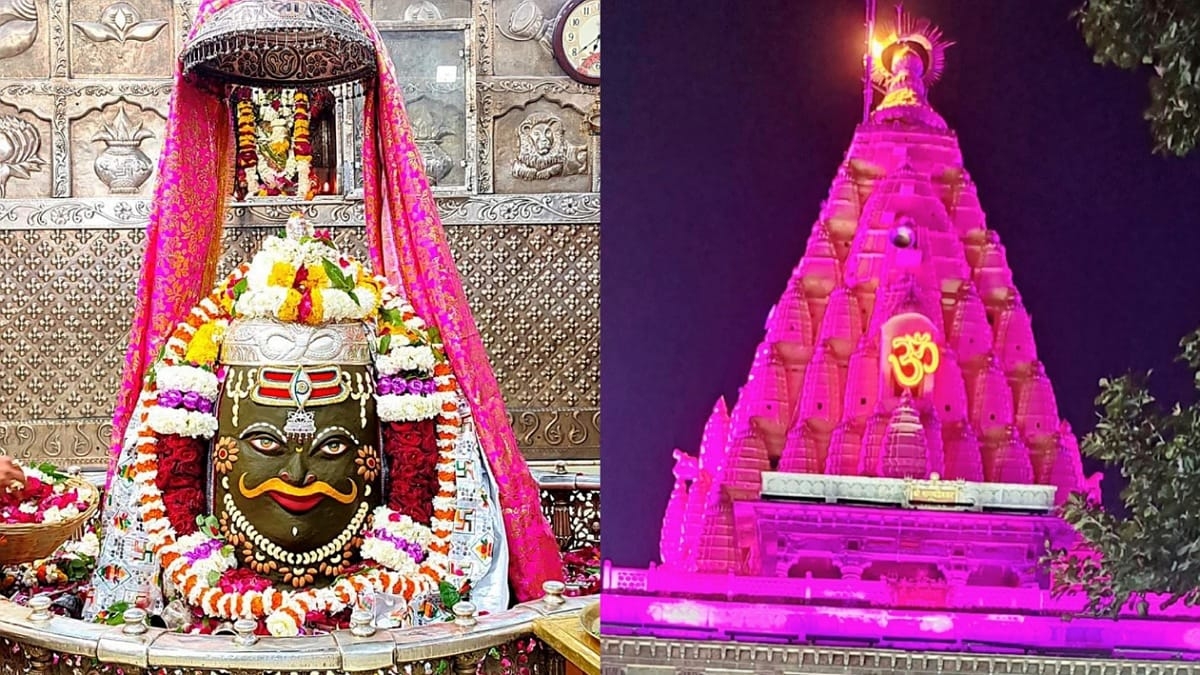
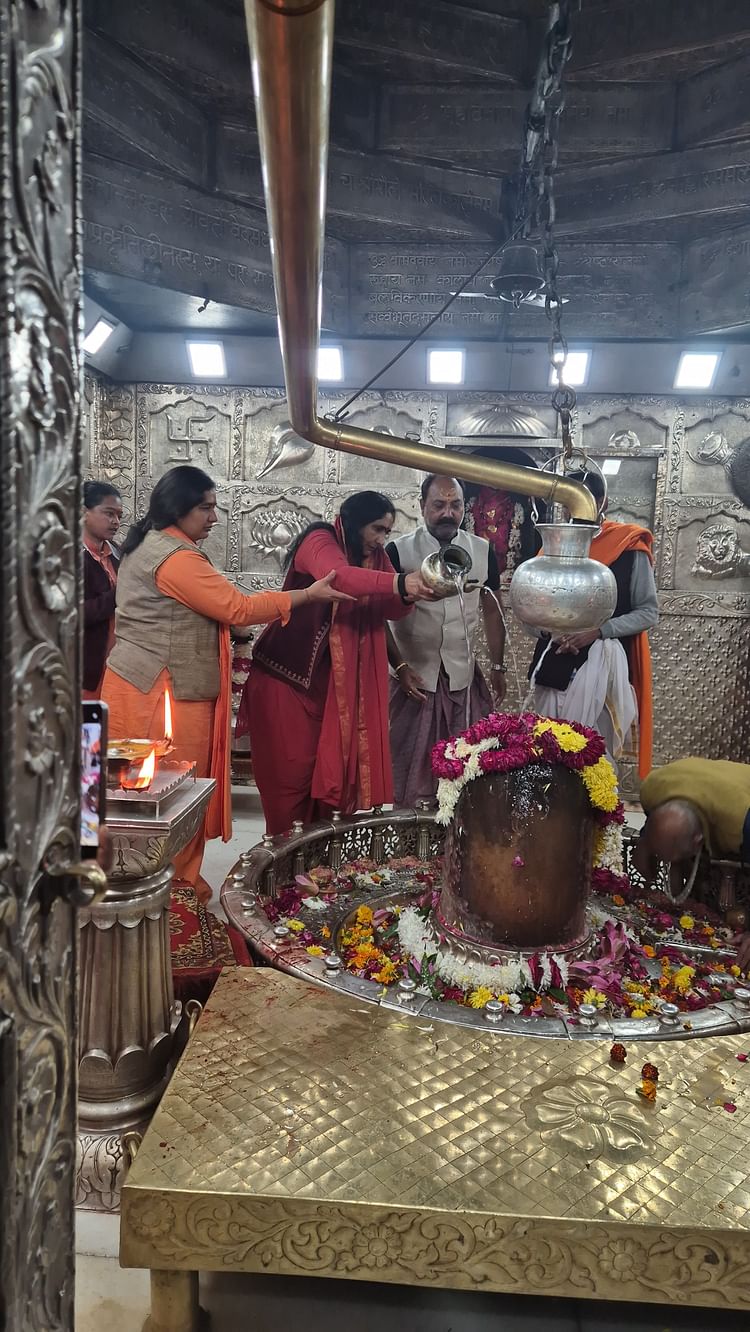
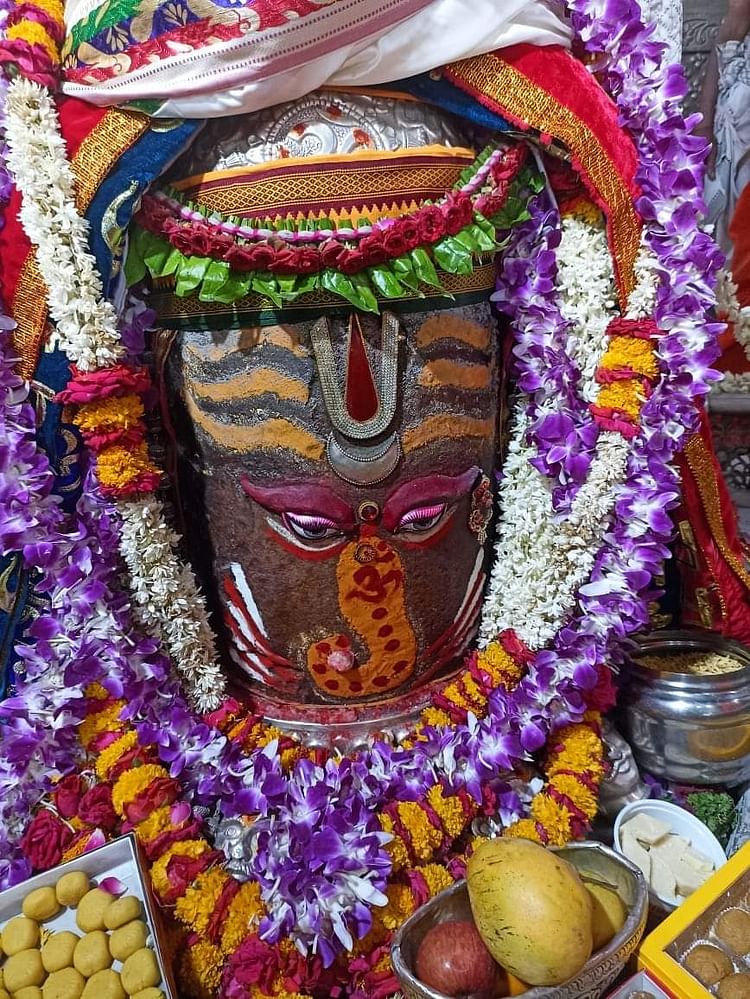
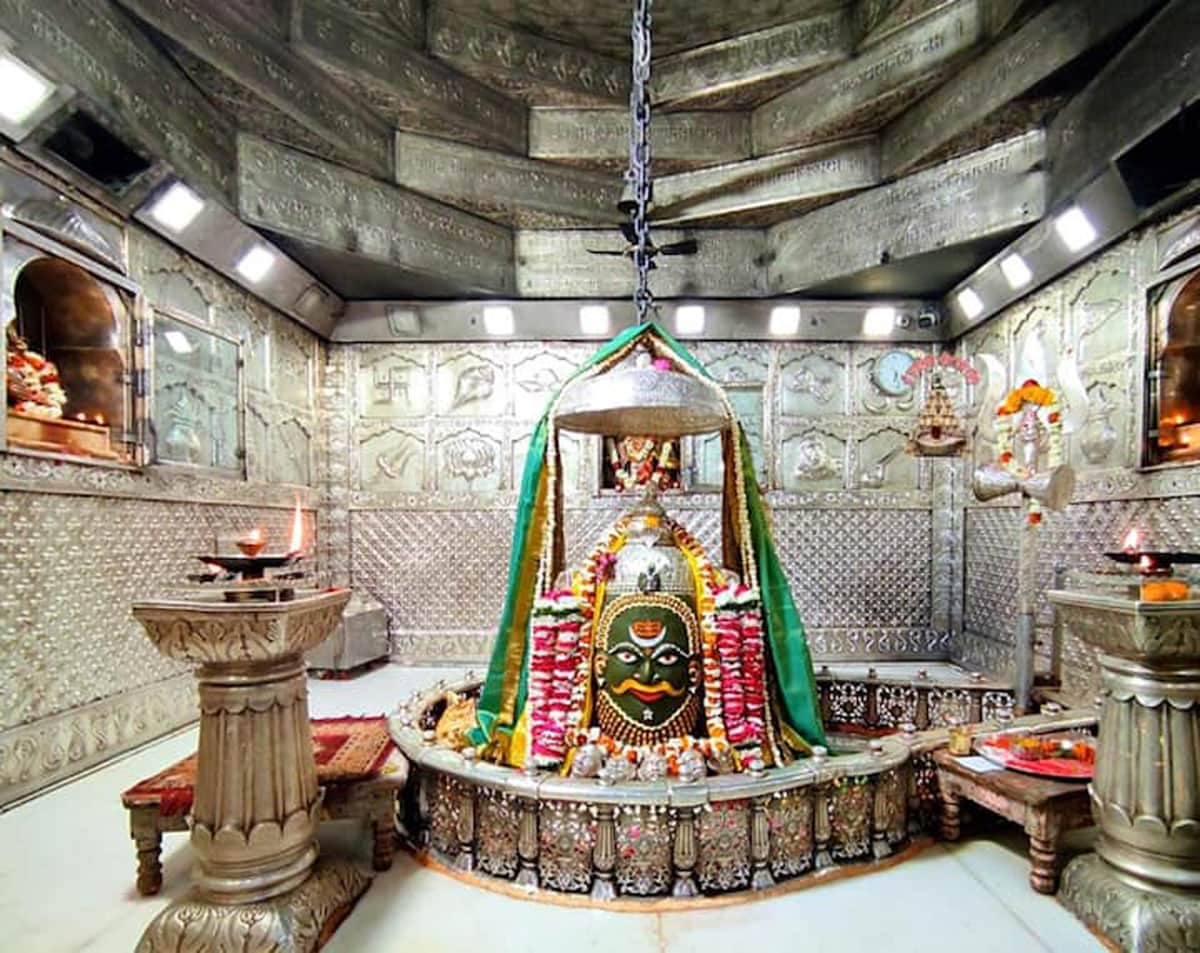
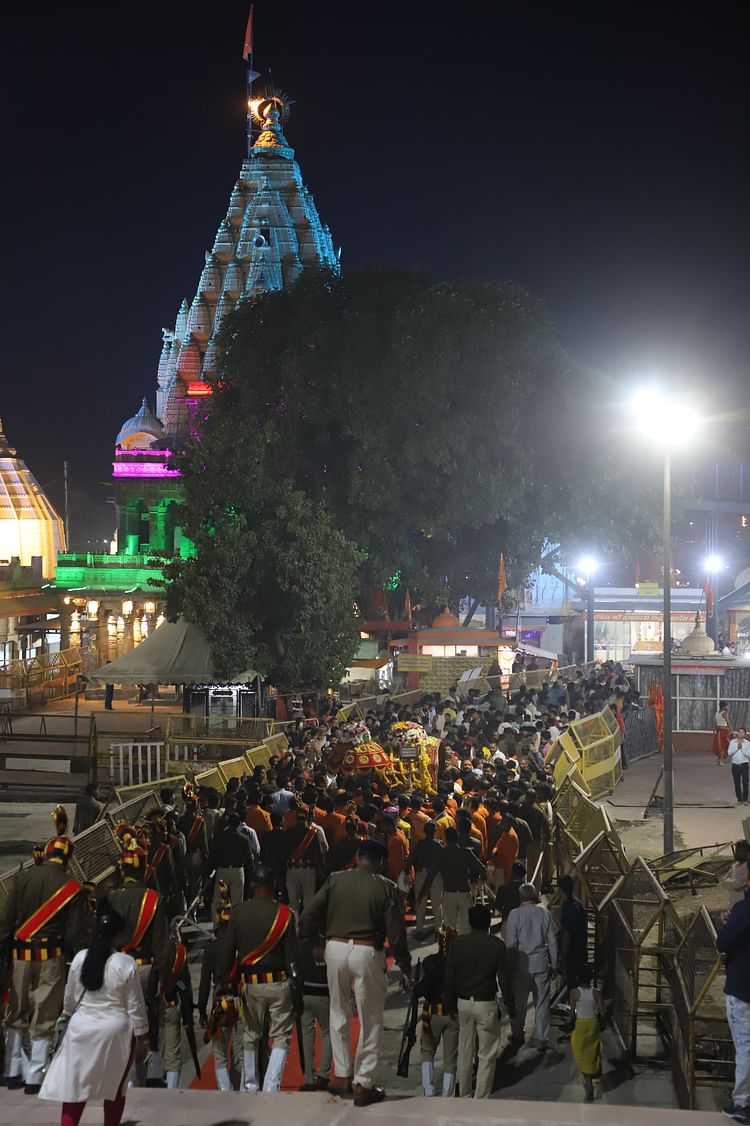
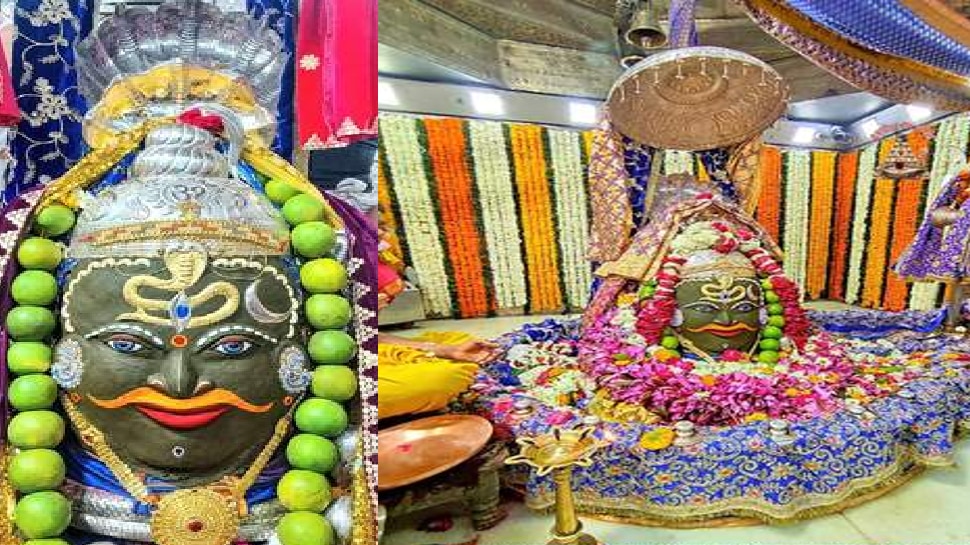
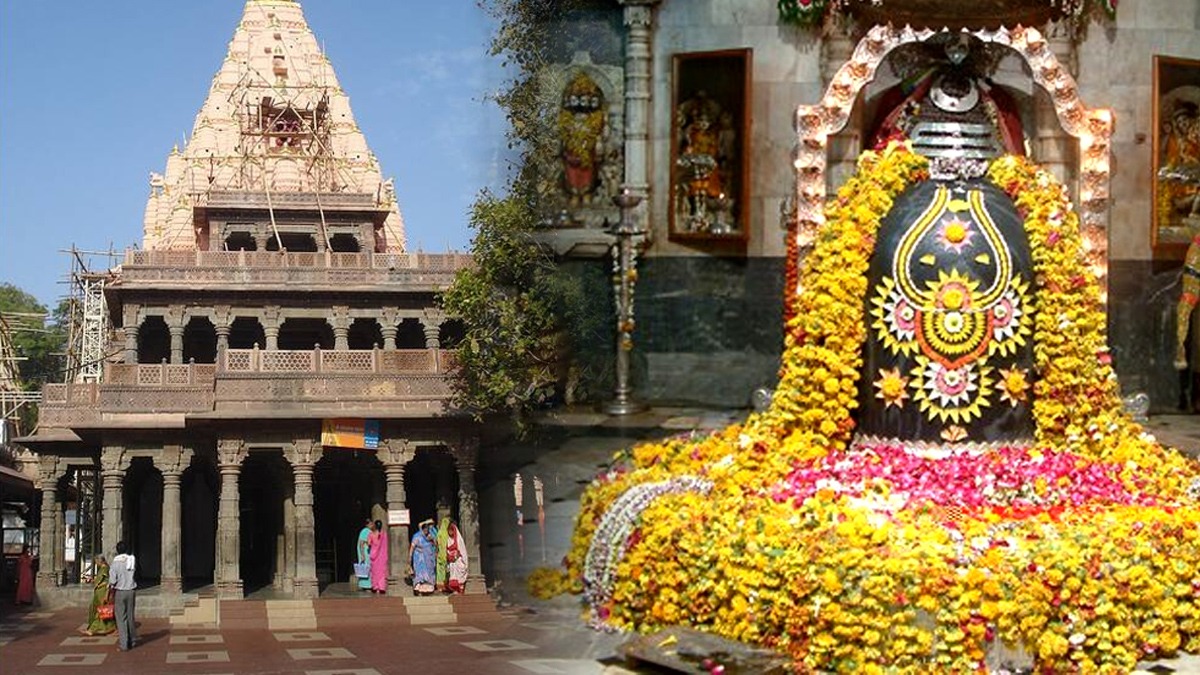
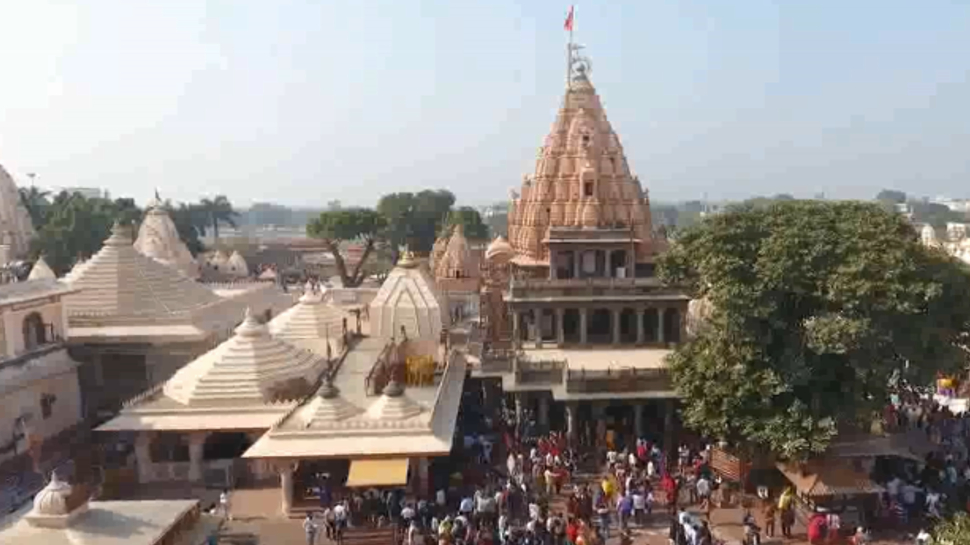)
